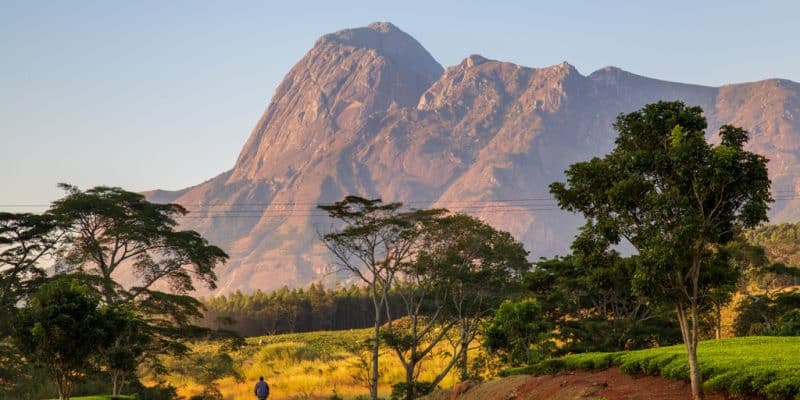While Malawi has faced political challenges resulting in a lack of direct financial support from the World Bank in recent years, a recent announcement brings a glimmer of hope. The World Bank has unveiled a substantial package totaling $420 million, aimed at supporting Malawi’s recovery efforts in the aftermath of a series of natural disasters. This financial infusion is poised to assist the East African nation in rebuilding its infrastructure and rehabilitating its natural heritage, which has been significantly impacted by numerous floods and droughts.
Malawi has been grappling with the repercussions of 19 major floods and eight prolonged droughts since 1970, necessitating a comprehensive response to bolster both economic and climate resilience. In alignment with this goal, the International Development Association (IDA), a branch of the World Bank, has extended a grant of $420 million to the Malawian government. The funds are earmarked for initiatives focused on enhancing infrastructure resilience and implementing effective disaster risk management and social protection systems.
Hugh Riddell, the World Bank’s Country Director, elucidated the initiative’s objectives, stating, “Our approach to resilience also involves ensuring a swift and sustainable recovery from such weather-related events.” This comprehensive strategy is designed to shield thousands of people in Malawi from the adverse impacts of water-related climate shocks through the development of robust infrastructure and improved disaster management systems.
The $420 million financial injection will facilitate the implementation of the Regional Climate Resilience Programme for Eastern and Southern Africa (RCRP). A significant component of this initiative is the sustainable management of the Shire River basin, a crucial water source for Malawi and neighboring states. Additionally, a portion of the support from the World Bank will be directed towards establishing early warning systems and facilitating information-sharing mechanisms among Malawi, Mozambique, the Comoros, and Madagascar.
The RCRP is positioned as a critical tool in fortifying the region against the escalating impacts of climate change, especially in the face of recurring extreme weather events. By addressing vulnerabilities and enhancing adaptive capacities, the program seeks to build resilience and ensure a more sustainable and prompt recovery from future climatic challenges.
Malawi, along with Mozambique, the Comoros, and Madagascar, shares common experiences of devastation caused by Cyclone Freddy between 2022 and 2023. This cyclone left a trail of destruction, impacting infrastructure, buildings, and livestock. Additionally, the region faced challenges posed by Tropical Storm Gombe, which led to mass displacements of animals in Liwonde National Park, and Cyclone Idai in 2021, claiming at least 60 lives in Malawi with winds reaching 200 km/h.
Recognizing the collective need for recovery and reconstruction in the aftermath of these climatic events, various development partners have stepped forward to contribute to the rebuilding efforts. The African Development Bank (AfDB), for instance, has established a $100 million Emergency Recovery Fund dedicated to supporting the entire sub-region.
The collaborative efforts of international institutions such as the World Bank and the AfDB underscore the importance of collective action in addressing the multifaceted challenges posed by climate change. By pooling resources and expertise, these development partners aim to facilitate a comprehensive and sustainable recovery for the affected countries in East Africa. The support extends beyond immediate relief efforts, emphasizing the need for long-term resilience-building strategies that can withstand the increasing frequency and intensity of climate-related disasters.
In conclusion, the $420 million grant from the World Bank represents a significant step towards rebuilding and fortifying Malawi’s resilience in the face of climate-related challenges. The comprehensive approach, as outlined in the Regional Climate Resilience Programme, not only addresses immediate infrastructure needs but also emphasizes long-term strategies for sustainable recovery and development. The collaboration with other development partners amplifies the impact of these initiatives, signaling a collective commitment to fostering resilience and mitigating the impact of climate change in the East African region.
Source:Afrik21



















Leave a Reply